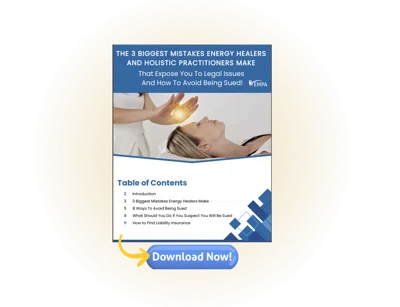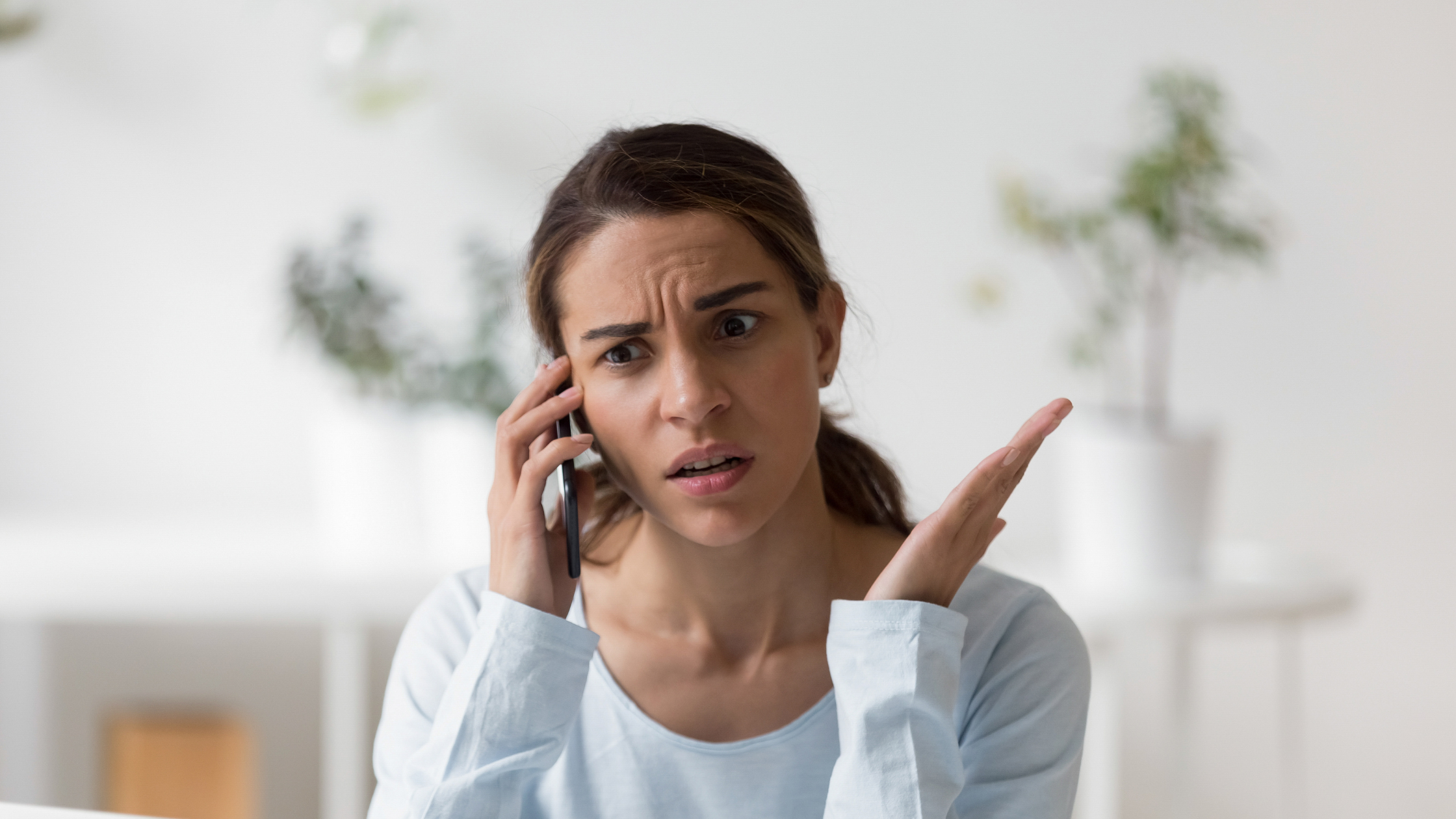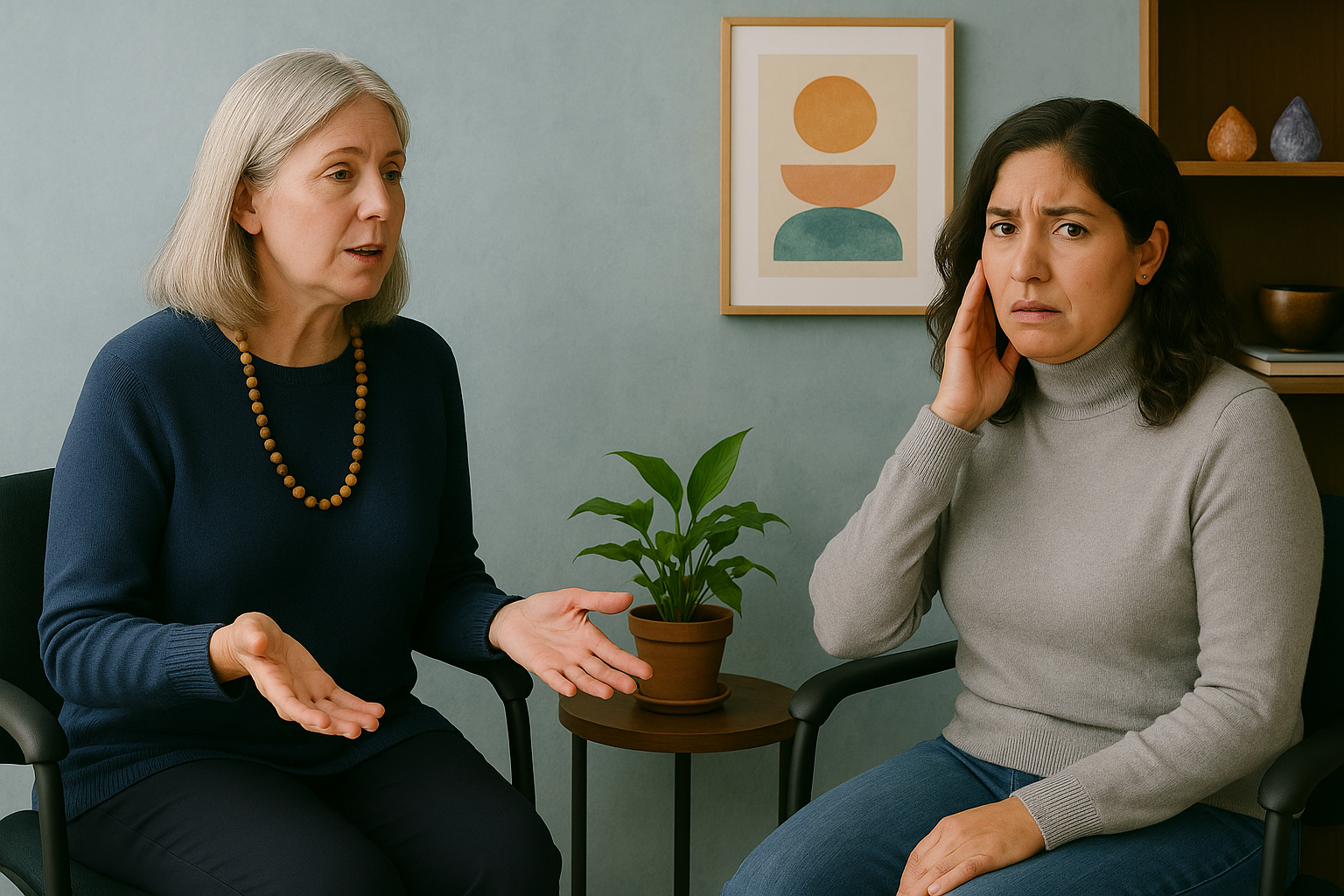What Happens When Energy Healers Don’t Follow Their Code of Ethics?
August 28th, 2025
3 min read
By Anya Charles

What does it really mean to practice ethically as an energy healer?
And what happens if a client feels you’ve fallen short of that standard?
The truth is, while energy healing isn’t regulated the same way as conventional healthcare, clients still expect you to uphold clear boundaries and professional conduct. If you overlook important aspect of your practice, such as session notes, or work outside your scope of practice, or make promises you can’t guarantee, you could face complaints. These have the potential to escalate to a liability claim.
In this article, we’ll look at why following a Code of Ethics matters, what risks arise when you don’t, and how ethical practice not only protects your clients but strengthens your credibility as a professional.
 Why Ethics Matter in an Unregulated Field
Why Ethics Matter in an Unregulated Field
Every client who comes to you is placing their trust in your hands. They may not know the details of your training or your insurance coverage, but they do know when a practitioner feels safe. Because energy healing isn’t regulated the way conventional healthcare is, a Code of Ethics becomes even more important. It’s how we hold ourselves to a clear standard of professionalism and how we show clients that their safety and trust are our priority.
That sense of safety doesn’t come from regulation; it comes from how you practice.
A Code of Ethics is a set of professional guidelines that outline how you practice responsibly and respectfully. If your training program didn’t provide one, you can often find examples through professional associations (like EMPA!) or create your own by adopting standards recognized in the field.
A strong Code of Ethics for Energy Healers typically includes:
- Gaining clear informed consent before each session
- Staying within your scope of practice
- Using safe, respectful, and non-medical language
- Maintaining healthy professional boundaries
These guidelines may seem simple, but they make the difference between a practice that feels credible, and one that leaves clients uncertain or vulnerable.
 The Risks of Falling Short
The Risks of Falling Short
When ethical standards are overlooked, the consequences reach far beyond awkward client interactions.
A small misstep can quickly turn into a serious liability risk.
For example, imagine a non-licensed holistic practitioner who casually says, “This sounds like it could be a thyroid issue.” While their intention may have been to show care, the client interpreted it as a medical diagnosis. A misunderstanding like this could easily lead to a claim of misrepresentation, or even a complaint to a regulatory board for practicing without a license.
Even though the practitioner never meant to cross that line, their words fell outside their scope of practice and created unnecessary risk.
Here are some of the most common outcomes when healers don’t follow their Code of Ethics:
- Client complaints that damage trust and reputation leading to lost business and referrals
- Misunderstandings about what energy healing can and cannot do, which erode credibility
- Potential liability claims if a client feels they were harmed or misled, which can result in costly legal or regulatory action
- A loss of standing within both the client community and the larger field of holistic practice
The bottom line: falling short on ethical standards doesn’t just create personal challenges. It puts your entire practice at risk. The consequences can escalate quickly and have lasting, sometimes permanent, effects on your career.
This is Mistake #2 in our 3 Biggest Mistakes Energy Healers Make Guide. Want to learn about Mistakes #1 and #3? Click to download the free guide!
 What If You’ve Already Crossed a Line?
What If You’ve Already Crossed a Line?
It happens. Many healers learn as they go—and part of ethical practice is recognizing when you’ve made a mistake and taking steps to correct it.
For instance, let’s say you realize you’ve stepped outside your scope:
- Acknowledge it, gently and clearly
- Reaffirm your role and boundaries
- Consult your professional association or training organization for support
Professionalism doesn’t mean perfectionism – we are human, and prone to mistakes. What it does mean is practicing with integrity and course-correcting when needed.
A Code of Ethics helps you set clear expectations, reduce misunderstandings, and show clients you’re committed to safe, professional standards. For more guidance, read EMPA’s article: Code of Ethics for Energy Healers: Best Practices for a Safer Practice.
What’s Next: Upholding Your Practice with Integrity
Every healer makes small choices in each session—how to set boundaries, what language to use, how to respond when something feels off. Over time, those choices define the trust your clients place in you and the reputation you carry in your community.
By grounding yourself in a clear Code of Ethics, you set the standard for how your work is understood and respected.
If you’re wondering what other blind spots practitioners often overlook, our free guide “The 3 Biggest Mistakes Energy Healers Make” is a must-read.
You’ll learn where most professionals unintentionally put themselves at risk, and how to take simple steps to avoid falling into the same traps.
At EMPA, we’re here to support you with resources, coverage, and community tailored to the unique work you do. Protecting your practice doesn’t have to be complicated—but it does require intention.
Your clients trust you; trust yourself to raise the bar.
Disclaimer: This article is for educational purposes only and does not provide legal, financial, or medical advice. The examples are general, and coverage may vary by policy. Always refer to your insurance provider or policy language for specific details, as the policy terms take precedence. For legal concerns related to your practice, consult an attorney.
Anya is a writer with a passion for inspiring those around her. She is the Content Manager at EMPA, where she works closely with subject matter experts to turn their insight into articles that inform, support, and empower the energy healing community. With over a decade of experience in the wellness world, she enjoys making complex ideas feel accessible and meaningful. Whether she’s writing new pieces or polishing others, Anya’s focus is on helping others grow their clarity and professionalism. She also serves as Editor in Chief of Energy Magazine, a unique publication dedicated to the world of energy medicine. Outside the office, you’ll find Anya reading, planning travel adventures, or negotiating peace treaties with her houseplants.
Topics:

.png?width=1326&height=405&name=EMPALogo_final_white-01%20(1).png)


























